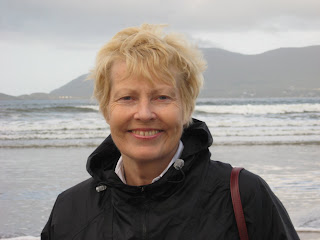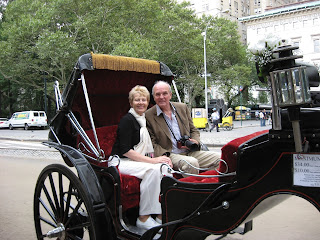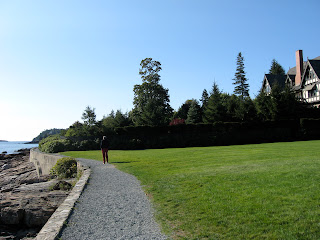
Yesterday I went to see a man who has the power and influence to help me. I wrote him a letter before my appointment but he is a busy man and he didn’t bother to read it. So we played catch-up. I tried to tell him about my situation; he interrupted at every turn.
Yesterday I went to see a man who has the power and influence to help me. I tried to explain how, when suffering from a terminal illness, I was told at the point of trying to find a bone marrow transplant donor (my only chance of life), that I was a donor offspring. He laughed and said, “That must have been a surprise.”
Yesterday my daughter came with me to see a man who has the power and influence to help us as a family. She had to listen to stories about the mixed DNA of Britain, how studies have been done with men’s DNA and surnames, how black people have been part of British life for over 200 years and that a lot of Greeks have fair hair. Perhaps she will use this information when she prepares to give her lectures in genetics. It will certainly help me search for a transplant donor if mine isn’t able to donate.
Yesterday I went to see a man who has the power and influence to help donor offspring in this country. I learned that donor conception is no different from the situation of thousands of people who don’t know who their father is. I learned in that hour what all the other donor offspring already know about the prejudice they will encounter. It made me remember what it was like years ago to be a woman in a man’s world and to have to endure (politely of course) being patronised and used to provide a little mental stimulus.
Yesterday I went to see a man who has the power and influence to help me. Having endured chemotherapy for nine months with its attendant fatigue, I had to summon up every ounce of my depleted energy but I was prepared and polite with my daughter to support me. The man with the power and influence to help me has written two letters on my behalf to the GMC and Secretary of State for Health for which I am grateful, but I paid a heavy price.
Tomorrow – if I am still alive – someone will want my vote.











